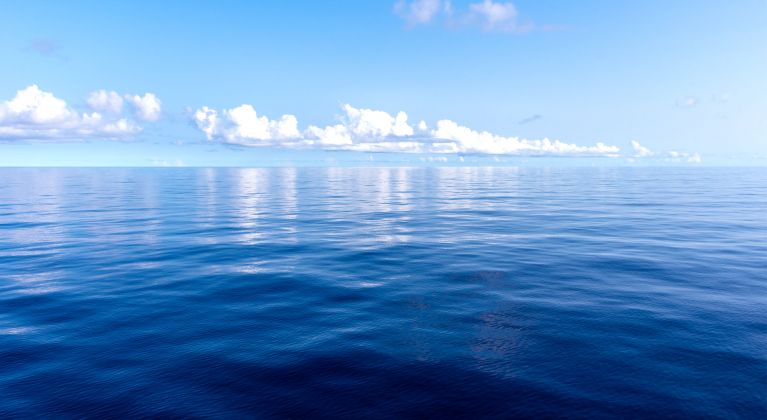
Libya: Vessels and crew at risk if suspected of oil smuggling
- Home
- Latest updates
- News
- Libya: Vessels and crew at risk if suspected of oil smuggling
Members are urged to exercise caution when trading to Libya, due to an increased risk of vessel seizure and crew arrests. The situation is volatile.
Since the fall of the Gaddafi regime in 2011 and the formation of a UN-recognised government in Libya, there has been an increase in illegal sale and export of oil. Members are referred to our circular of [21 November] for further information on international sanctions targeting illicit crude oil exports. The Libyan government is determined to eradicate oil smuggling and has implemented strict measres. Vessels suspected of smuggling oil are seized by the Libyan navy, and the crew arrested. There are reports of crew waiting for years for their cases to be heard, whilst investigations are carried out.
Members are provided with the below guidelines to ensure the safety of their vessels and crew.
- Charterers for voyages to Libya should provide Owners with a guarantee that the cargo of oil has been purchased from the National Oil Corporation (NOC) in Libya, the NOC being the sole legitimate exporter of oil.
- Cargo interests should provide the vessel operator with a letter or document proving their authority to load oil from Libya.
- Product tankers delivering oil to Libya should immediately sail from Libyan waters following discharge and once permission to depart from the port is received, as any deviation or delay can give rise to suspicion of oil smuggling.
- Upon leaving port, vessels should make for the Mediterranean and avoid following the Libyan coastline.
The current status of Libya’s ports, outlined below.
Open ports: Zuwarah, Farwah, Mellitah, Bouri, Zawiya, Tripoli, Al Khoms, Misrata, Es Sider, Ras Lanuf, Marsa El Brega, Zueitina, Benghazi, Tobruk, Marsa El Hariga
Closed ports: Sirte, Derna


